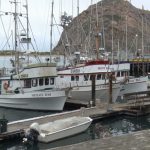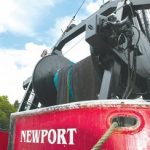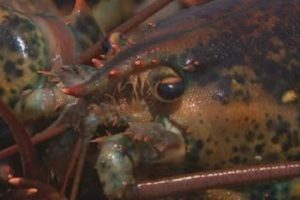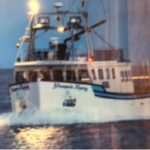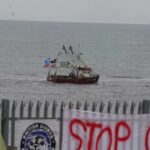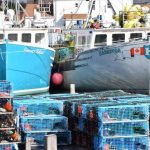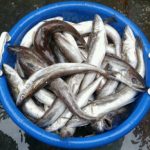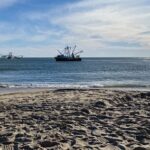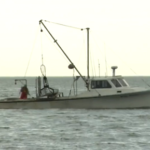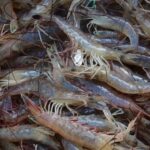Tag Archives: inshore fleet
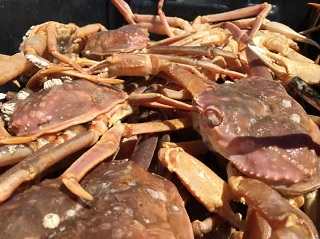
SEA-NL supports province issuing new snow crab processing licenses
Seaward Enterprises Association of Newfoundland and Labrador supports the issuance of new snow crab processing licenses as the quickest way to increase industry capacity and reduce pressure on the inshore fleet to fish in potentially unsafe conditions. “We see more processing licenses as the quickest way to take pressure off the inshore fleet,” says Ryan Cleary, SEA-NL’s executive director. “More competition in the processing sector should mean more opportunity for inshore boats to land crab quotas faster, with less expense, and safer for all hands.” “More crab processing capacity will take pressure off the inshore fleet, and that’s the bottom line for SEA-NL,” >click to read< 14:20
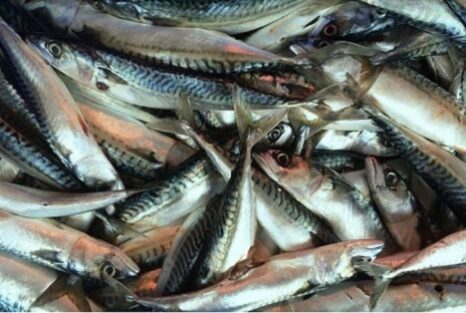
Mackerel fishery closed, but inshore fleet still wants their licenses
Seaward Enterprises Association of Newfoundland and Labrador (SEA-NL) is calling on Fisheries and Oceans to continue issuing mackerel licenses to existing license holders in the inshore fleet even though the fishery is closed. “Owner-operators want to know their mackerel licenses are safe and will be there for them when the fishery reopens,” says Ryan Cleary, Executive Director of SEA-NL. “Many of them do not trust DFO, there’s no other way to put it.” “A mackerel license represents a major investment of many thousands of dollars — not just for the license itself — but in terms of the fishing enterprise and gear, and owner-operators want to keep their licenses even if it is just for the privilege of not fishing them.” >click to read< 10:13
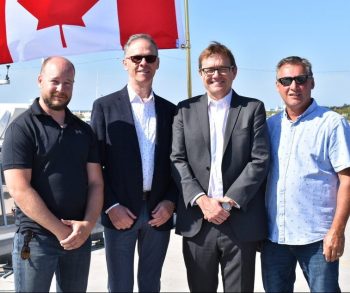
Wilkinson Celebrates new Fisheries Act Measures for Preserving the Independence of the Inshore Fleet
Ensuring that the benefits of the fishery remain in local communities,,, the Honourable Jonathan Wilkinson, announced that measures that will ensure that key policies relating to owner-operator and fleet-separation policies are being enshrined in regulation under the new Fisheries Act. The owner-operator policy requires fish harvesters to fish their licences personally so that those who actively fish, receive the benefits from their licences. The fleet-separation policy maintains a separation between the fishing and fish processing sectors. Maintaining the independence of small-boat owner-operators and implementing a fair licensing regime will help protect middle-class jobs and ensure the long-term sustainability of the fishery. >click to read< 16:46
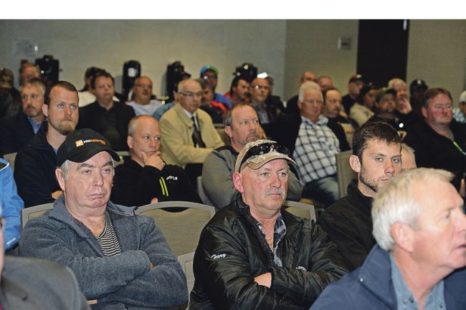
Abandon LIFO: Fishermen ask for new deal on shrimp
Glen Winslow and the six-member crew of the Roberts Sisters II should have been fishing for crab Tuesday. Instead, the boat was tied up in St. John’s harbor. Winslow joined more than 150 other people, mostly fishermen, in trying to convince a federal review panel to recommend the federal government abandon the last in, first out (LIFO) approach on allocating northern shrimp quotas. The majority of those in the room asked the minister not continue to force smaller, inshore enterprises to take the greater share of quota cuts on the declining stock off Newfoundland and Labrador, when compared to larger, “offshore” enterprises. “We’ll be out of the (shrimp) fishery this year,”,, Read the story here 15:01
FFAW-Unifor wants all of Area 6 shrimp quota for inshore fleet
 Union, members say boats, fish plants, whole communities to die out if no change made to policy The FFAW-Unifor held a press conference in St. John’s this morning, trying to maintain public attention on the plight faced by the people and communities with a stake in the northern shrimp fishery. Fear amongst harvesters, plant workers, plant owners, truckers, other rural service providers is reaching fever pitch, following word to the northern shrimp advisory committee of a significant drop in shrimp stocks in fishing area six (A6) — As a result of the existing Fisheries policy of Last In First Out (LIFO), the bulk of expected quota cuts (some 90 per cent) will go to the inshore fleet and local plants. Read the rest here 15:40
Union, members say boats, fish plants, whole communities to die out if no change made to policy The FFAW-Unifor held a press conference in St. John’s this morning, trying to maintain public attention on the plight faced by the people and communities with a stake in the northern shrimp fishery. Fear amongst harvesters, plant workers, plant owners, truckers, other rural service providers is reaching fever pitch, following word to the northern shrimp advisory committee of a significant drop in shrimp stocks in fishing area six (A6) — As a result of the existing Fisheries policy of Last In First Out (LIFO), the bulk of expected quota cuts (some 90 per cent) will go to the inshore fleet and local plants. Read the rest here 15:40

































